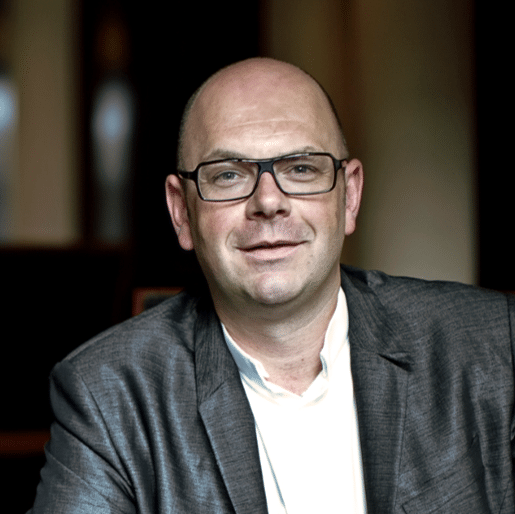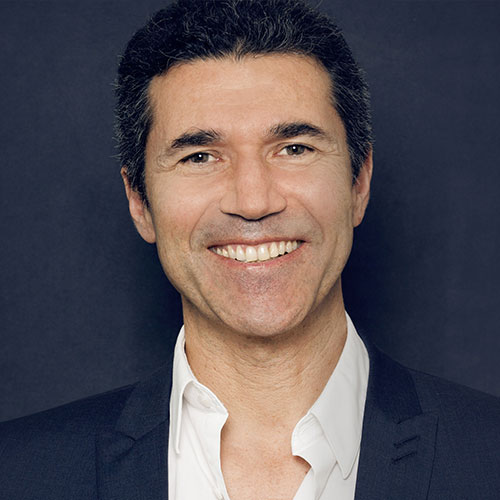MEDIA TRAINING: interviewing well
Making it through interviews without your message becoming distorted
our clients
testimonials
MEDIA TRAINING: INTERVIEWING WELL
Interviews: a tremendous opportunity for getting your message across
You’re all set! Your interview with a journalist from a major business newspaper has been scheduled, and two weeks after that, you’re going on air live on national radio. You know your subject inside out, so you may not think that you need any media training. You prepare yourself for these interviews extensively. You’ve drawn up a list of everything you shouldn’t say or do, and you’ve come up with answers to the tough questions that you know the journalist is going to ask.
And yet, you’re still not satisfied with the results. At best, you were barely quoted in the article. At worst, your ideas have been severely distorted. And you weren’t given the opportunity to explain your ideas on the radio; you even stammered. When you listen to yourself, you don’t sound very clear.
The result is no more interviews, and that’s a shame, because, when properly harnessed, the media remains an excellent tool for spreading your ideas and making your company and its plans known to the public?

PITCH361’S EXPERTISE
Media training: talking to journalists is not about improvising
There are two main questions that are key to a successful interview: “What is the message that I want to transmit during the interview?” and “Which issues are the most likely to affect your readers and listeners?” Pitch361 and its journalist consultants can help you find the answers.
Shaping one’s message and arguments for a televised debate or a radio interview is something that we all have to learn.
Contrary to what most people think, journalists are not trying to distort your proposals in an interview, much less get you to say something that you don’t want to.
They want to understand. Their job is to explain a subject, and they’ve asked you for your opinion. Which is why an interview is really a win-win situation; the journalist gets the information for his/her audience, and you have transmitted your message. This is the goal of media training.
Refine your skills by working with Pitch361’s consultants, who are journalists and information experts. They can help you become the “good client” that every journalist wants.
Pitch361 can teach you how to:
- understand the codes of journalism
- master the techniques for interviewing well
- transmit your message effectively
You’ll have the satisfaction of being quoted accurately in the media the day after you’ve given a press conference or an interview. And, against your own expectations, you’ll even look forward to your next public speaking engagement!






